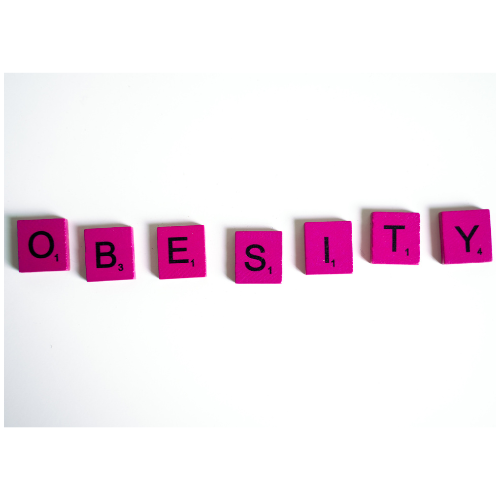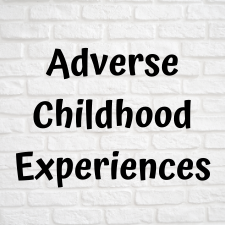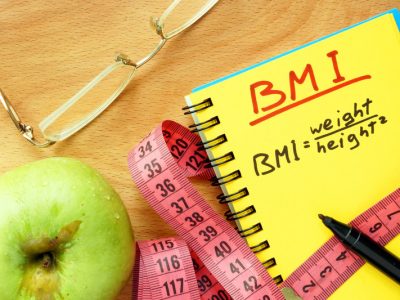
The millions of people who suffer from chronic pain know that they need as many effective options as they can find when it comes to finding some relief. The more “tools” they have at their disposal to help them manage the pain, the better. Different things appeal to and work for everyone, so the key is to knowing what options are available, and then finding the ones that work for each person.
What we are learning through repeated studies is that those who have resilient personalities tend to be more successful with their chronic pain management. Resiliency, which is having the ability to cope with things in an effective way even when faced with challenges and difficulty, helps people to keep an optimistic outlook in life. This alone is believed to help bring some pain relief.
In a February 2016 study in the European Journal of Pain, researchers reported their findings from studying elderly people and if their resiliency protected them from the adverse effects of chronic pain. What they found was that resilience is protective in the association of chronic widespread pain with depressive symptoms (1).
Related to this study is one that was published the same month in the Annals of the New York Academy of Sciences, which looked at how stressors are capable of changing the brain’s architecture, as well as other functions in the body. They report that chronic stress, which many of those with chronic pain tend to have, alters brain function and resilience. They also suggest that positive behavioral interventions should be given to help people become more resilient, including by engaging in mindfulness-based stress reduction and meditation (2).
The good news is that there are things people can do to become more resilient. In addition to becoming more mindful and engaging in meditation, they can find additional ways to reduce stress, focus on the positives and be optimistic, strive to become healthy, laugh more, and keep a gratitude journal.
Being more resilient isn’t necessarily going to erase the pain. What it will do for is help them cope with the pain in a more effective way, have a healthier mindset, and to improve their overall quality of life, despite the chronic pain they may be experiencing.
Sources:
- European Journal of Pain. 2016 Feb 23. doi: 10.1002/ejp.850.
http://www.ncbi.nlm.nih.gov/pubmed/26914727 - Annals of the New York Academy of Sciences. 2016 Feb 25. doi:
http://www.ncbi.nlm.nih.gov/pubmed/26919273







